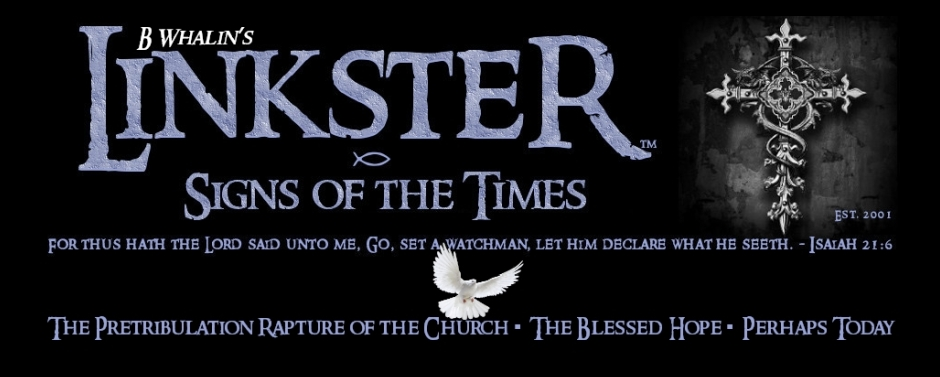

By Dr. Ron Rhodes: The historian Edward Gibbon listed the miraculous powers ascribed to the early church as one of five reasons for the phenomenal growth of Christianity in the Roman Empire.[1] Miracles were and still are very important to Christianity. Indeed, Christianity is a religion of miracles. But just what is a miracle?
Today the term is used so loosely that it has practically been robbed of its historical meaning. An NFL quarterback makes a great pass from the fifty-yard line that leads to a touchdown in the last three seconds of the game, and we call it a miracle. Someone drives to the mall the week before Christmas, and there is a parking place right by the entrance—a miracle! A student comes home and says, “It was a miracle that I passed that final exam.” A lady attends a luncheon and tells her friends, “It was a miracle I made it here on time.” We shop for detergents to make our clothes miracle white. We watch a youthful show on television called Miracle on Thirty-Fourth Street, where the word “miracle” essentially relates to the world of myth.
Bible scholar Robert Dean understandably urges that “we must be careful not to use the word so generally that the result makes so many things miraculous that the word loses its meaning. This kind of ‘inflation of miracles’ dilutes God’s divine standard, so that phenomena which really belongs in the realm of the ordinary is wrongly labeled as a miracle.”[2] Dean is right. We must be careful in defining miracles lest they lose all significance.
Today the term is used so loosely that it has practically been robbed of its historical meaning. An NFL quarterback makes a great pass from the fifty-yard line that leads to a touchdown in the last three seconds of the game, and we call it a miracle. Someone drives to the mall the week before Christmas, and there is a parking place right by the entrance—a miracle! A student comes home and says, “It was a miracle that I passed that final exam.” A lady attends a luncheon and tells her friends, “It was a miracle I made it here on time.” We shop for detergents to make our clothes miracle white. We watch a youthful show on television called Miracle on Thirty-Fourth Street, where the word “miracle” essentially relates to the world of myth.
Bible scholar Robert Dean understandably urges that “we must be careful not to use the word so generally that the result makes so many things miraculous that the word loses its meaning. This kind of ‘inflation of miracles’ dilutes God’s divine standard, so that phenomena which really belongs in the realm of the ordinary is wrongly labeled as a miracle.”[2] Dean is right. We must be careful in defining miracles lest they lose all significance.
Connect With John Ankerberg


